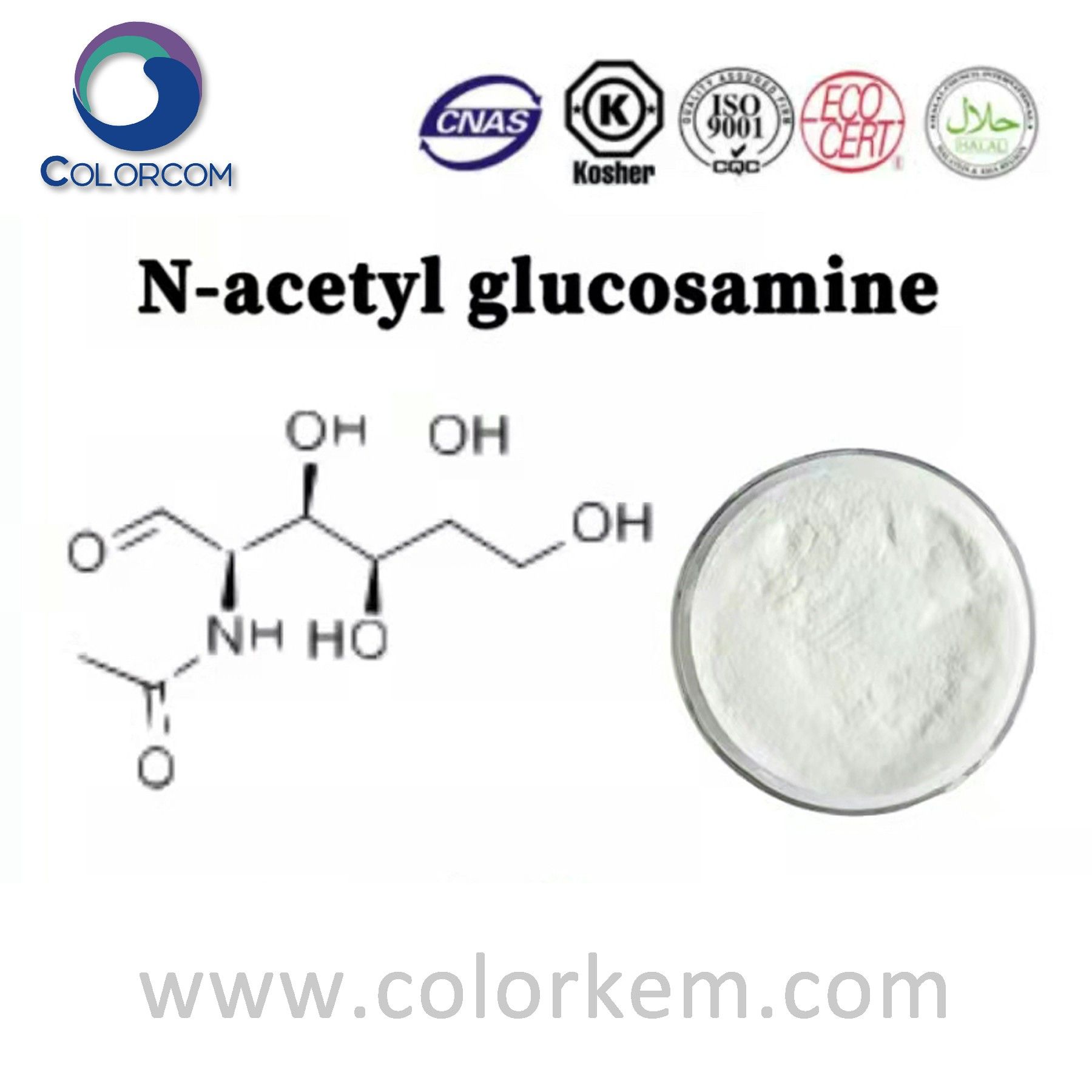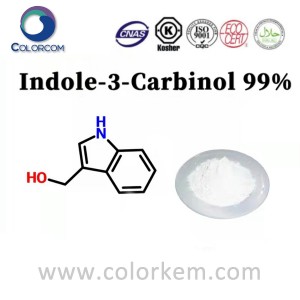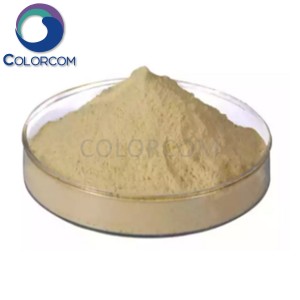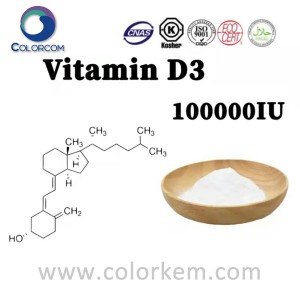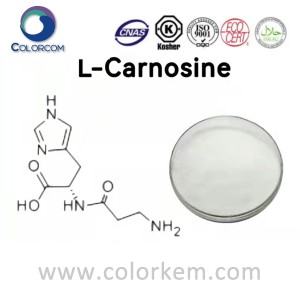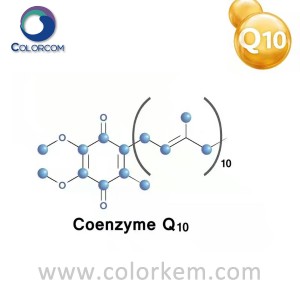N-acetyl Glucosamine | 7512-17-6
Product Description:
N-acetyl-D-glucosamine is a new type of biochemical drug, which is the constituent unit of various polysaccharides in the body, especially the exoskeleton content of crustaceans is the highest. It is a clinical drug for the treatment of rheumatism and rheumatoid arthritis .
It can also be used as food antioxidants and food additives for infants and young children, sweeteners for diabetics.
The efficacy of N-acetyl glucosamine:
It is mainly used for clinically enhancing the function of the human immune system, inhibiting the excessive growth of cancer cells or fibroblasts, and inhibiting and treating cancer and malignant tumors. Joint pain can also be treated.
Immunomodulation
Glucosamine participates in sugar metabolism in the body, exists widely in the body, and has a very close relationship with humans and animals.
Glucosamine participates in the protection of the body by combining with other substances such as galactose, glucuronic acid and other substances to form important products with biological activities such as hyaluronic acid and keratin sulfate.
Treats Osteoarthritis
Glucosamine is an important nutrient for the formation of human cartilage cells, the basic substance for the synthesis of aminoglycans, and the natural tissue component of healthy articular cartilage.
With age, the lack of glucosamine in the human body becomes more and more serious, and the articular cartilage continues to degrade and wear out. Numerous medical studies in the United States, Europe and Japan have shown that glucosamine can help repair and maintain cartilage and stimulate the growth of cartilage cells.
Antioxidant, anti-aging
Glucosamine can excellently chelate Fe2+, and at the same time can protect lipid macromolecules from being damaged by hydroxyl radical oxidation, and has antioxidant capacity.
Antiseptic and antibacterial
Glucosamine has obvious antibacterial effect on 21 kinds of bacteria commonly found in food, and glucosamine hydrochloride has the most obvious antibacterial effect on bacteria.
With the increase of the concentration of glucosamine hydrochloride, the antibacterial effect gradually became stronger.
Technical indicators of N-acetyl glucosamine:
| Analysis Item | Specification |
| Appearance | White Crystalline, Free,Flowing Powder |
| Bulk Density | NLT0.40g/ml |
| As Tapped Density | Meets the requirements of USP38 |
| Particle Size | NLT 90% through 100 Mesh |
| Assay (HPLC) | 98.0~102.0% (on the dried basis) |
| Absorb | <0.25a.u. (10.0% Water Solut.-280nm) |
| Specific Rotation〔α〕D20 +39.0°~+43.0° | |
| PH (20mg/ml.aq.sol.) | 6.0~8.0 |
| Loss on Drying | NMT0.5% |
| Residue on Ignition | NMT0.1% |
| Chloride (Cl) | NMT0.1% |
| Melting Range | 196°C~205°C |
| Heavy Metals | NMT 10 ppm |
| Iron (fe) | NMT 10 ppm |
| Lead | NMT 0.5 ppm |
| Cadmium | NMT 0.5 ppm |
| Arsenic (As) | NMT 1.0 ppm |
| Mercury | NMT 0.1 ppm |
| Organic volatile impurities | Meets the Requirements |
| Total Aerobic | NMT 1,000 cfu/g |
| Yeast & Mold | NMT 100 cfu/g |
| E. Coli | Negative in 1g |
| Salmonella | Negative in 1g |
| Staphylococcus Aureus | Negative in 10g |
| Enterobacteria & other gram neg | NMT 100 cfu/g |


